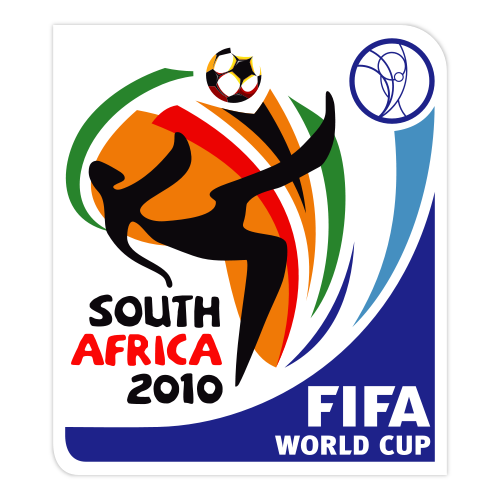The Economist published an article discussing the new Arizona's immigration law. Russell Pearce, an Arizona's state senator, proposed the new immigration law that would allow policemen to question anyone who would look suspicious to show them an identity card or some kind of document. So in the state with overwhelmingly white population where half a million have Hispanic origins there would be no surprise, if you are constantly stopped and questioned by the police as you match the profile.
We shouldn't forget how the US was brought forth by millions of immigrants from all over the world who were all looking for a better start in life. It is sad to hear that even though Latinos make up to 30 percent of the populaton in Arizona, only 12 percent are electorated. We should not be so intolerant to newcomers as we were once in their shoes. On the other hand, I try to understand the fear and insecurity that natives experience on a daily basis. Nevertheless, they should find a better solution to resolve the problem. Not to make the same situation that African Americans had to face back in 1960s that could happen to Latin Americans today, the history should not be repeated. And that is why the government should play out the roll it has been given.
Some Links
1 year ago









